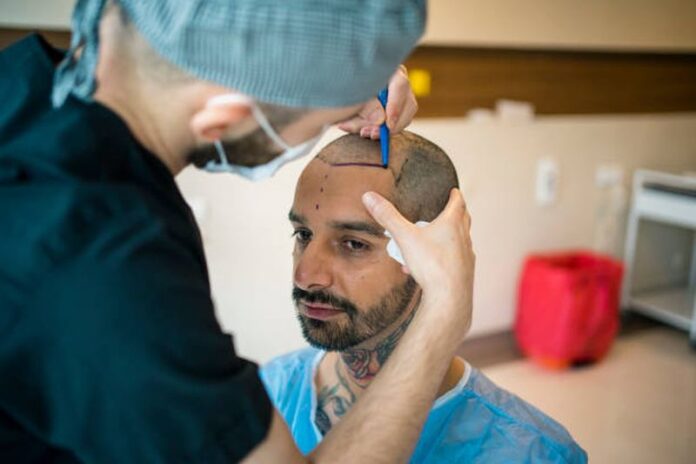


Hair loss is a common concern that affects millions of men and women, leading to emotional distress, depression, anxiety, and a loss of confidence. Whether it’s due to genetics, aging, or medical conditions, the search for effective solutions is a priority for many. Two popular options stand out: hair transplant surgery and permanent wigs. Both have their benefits, but how do you choose the right one for you? In this blog, we’ll explore the differences, advantages, drawbacks, and factors to consider when making your decision.
Hair transplant surgery is a medical procedure designed to address hair loss by moving hair from one part of the body (usually the back or sides of the scalp known as the donor area) to areas with thinning or no hair which is the recipient area. Common techniques include:
Permanent wigs are custom-made hairpieces designed to mimic natural hair. They’re suitable for individuals experiencing severe or total hair loss. Common types include:
Before making a decision, it’s crucial to consult with a hair restoration expert. Discuss your hair loss stage, expectations, and budget with a trusted Hair Transplant Clinic to receive tailored advice. Ensure you choose a reputable clinic or provider.
Choosing between hair transplant surgery and permanent wigs depends on your unique needs, preferences, and circumstances. Hair transplant surgery offers a permanent, natural solution, while permanent wigs provide instant results without surgical intervention. Both options have their merits, and the best choice is the one that aligns with your goals. Consult professionals, weigh the pros and cons, and take the first step toward restoring your confidence.
